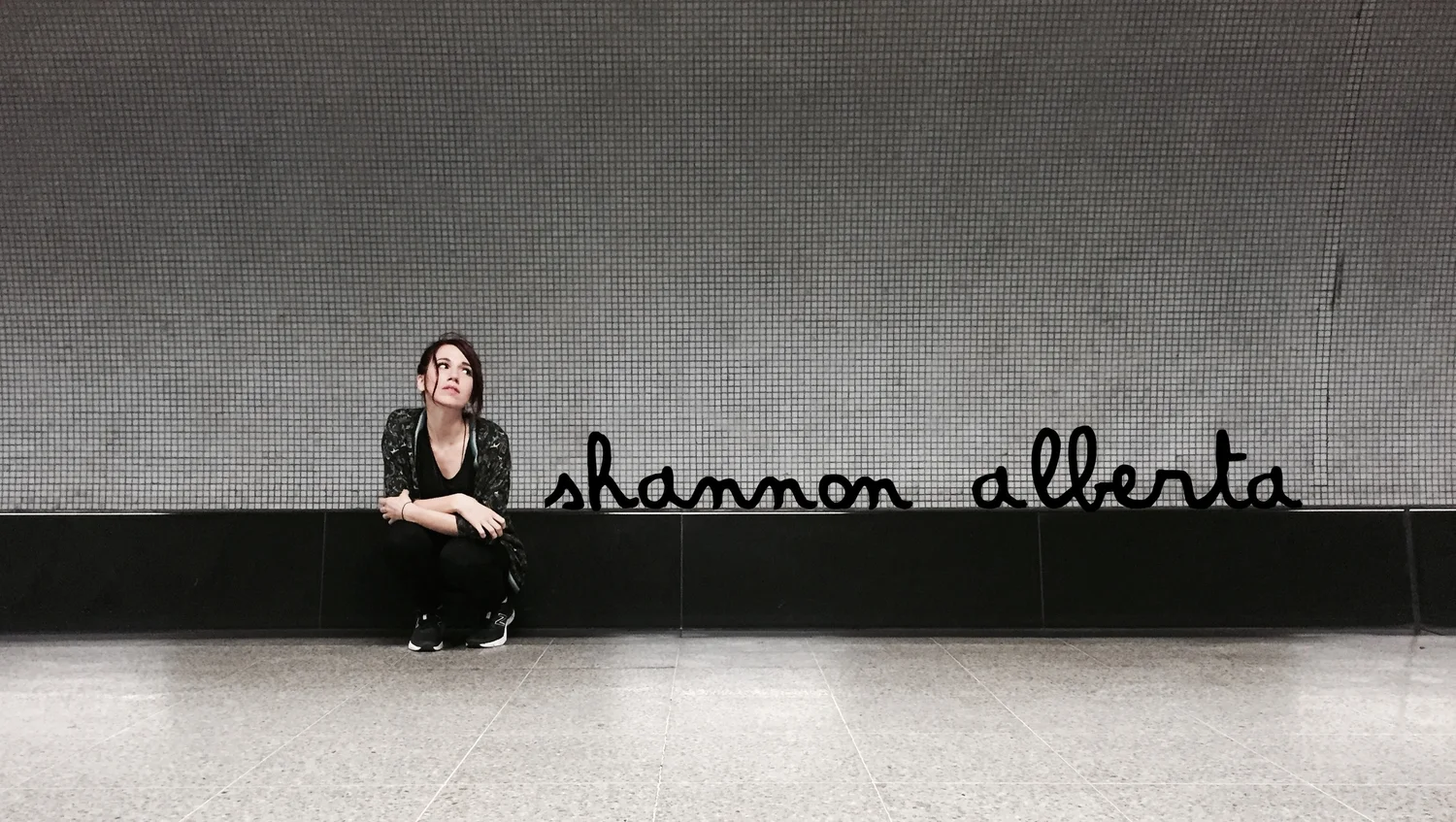"Marita/Please find me/I am almost 30"
Still shot from NFB documentary "Ladies and Gentlemen, Mr. Leonard Cohen", available here.
In less than two weeks, I will be 30 years old. And I actually have no problem with that.
I've always liked the way the number 30 looks. I've heard from friends that turning 30 can be clarifying. Plus, I can play the 'Listen punk, I'm 30' card when relaying life advice to my younger friends.
There's something appealing about setting sail from the things you did when you were 20.
They officially belong to a different era. For worse, yes, but mainly for better.
So for the record: it's not me that has a problem with turning 30. It's the rest of the world, apparently. I recently read a fashion blog listing what women should "stop wearing after turning 30". Apparently graphic tees, oversized sunglasses, non-matching socks, tube tops, old sneakers, and cheap bras are reserved for the spring chickens. Basically, they want Golden Girls like me to empty out their closet and walk around naked. (Scratch that, because people older than 30 should never ever be naked.) My response to this article was the same response I have whenever someone feels they have a right/obligation to police how women choose to present themselves in the world: EFF THAT, GO WALK OFF A CLIFF, ETC., ETC.
Reading that list made me realize for the first time that other people are going to have expectations for me that are different than they have been for the last 10 years. I think I've largely coasted on the cultural 'cuteness' of being in my 20s. Turning 30 means I'm going to get nagged more about having babies (which is not in my plan), and where my work is "going". I'm not going to be treated like someone who has infinite time to explore and tread new paths.
I wonder if I'll start to be influenced by the expectations of those around me? For example, will I feel slightly less awesome when I walk to the corner store to buy candy in my neon leopard-print pyjama pants? Well, I simply can't see that happening.
I first heard the story of Leonard Cohen's poem Marita when I was clearly too twenty-something to be rattled by its significance. How many 29ers spend the last few months of their 20s, wishing for a Marita to come along and save them from their inevitable aging? The story goes that he wrote it on the wall of Le Bistro on Rue de la Montagne (pictured above), a place he described as "an irresponsible sanctuary - you aren't sure whether the hounds are waiting inside, or whether you've just left them".
So who is this Marita, and can she help an almost-30-something like me? According to a Toronto Star article, when asked, Cohen wrote "the poem on the wall of a Montreal bistro, after unsuccessfully trying to pick up one Marita La Fleche, an older woman who patted him on the head and said, "Go on your way, young man, and come back when you're 30."
Well played, Marita.
May I be half as wise and even a fraction as crushing as I run (headfirst and blindfolded) into my 30s.





